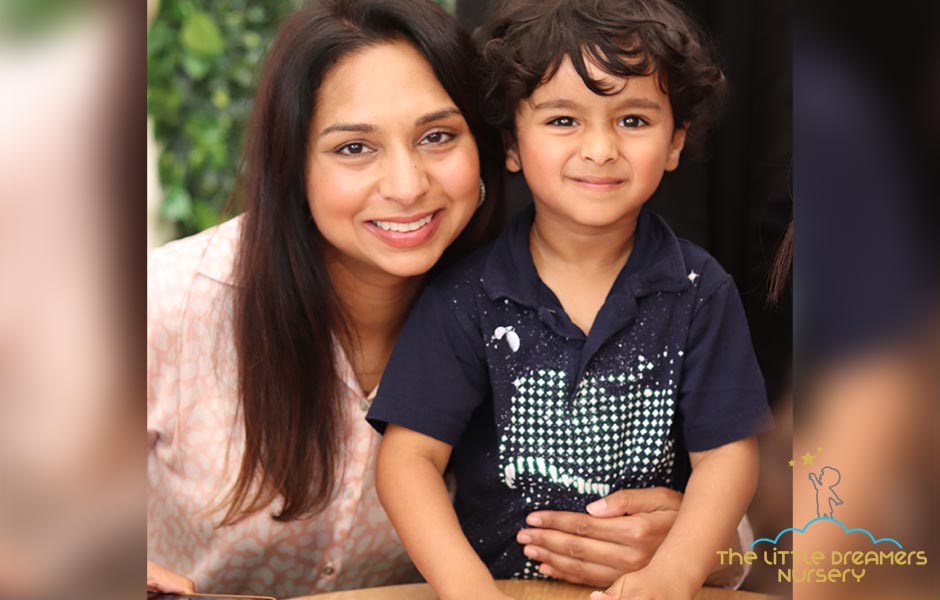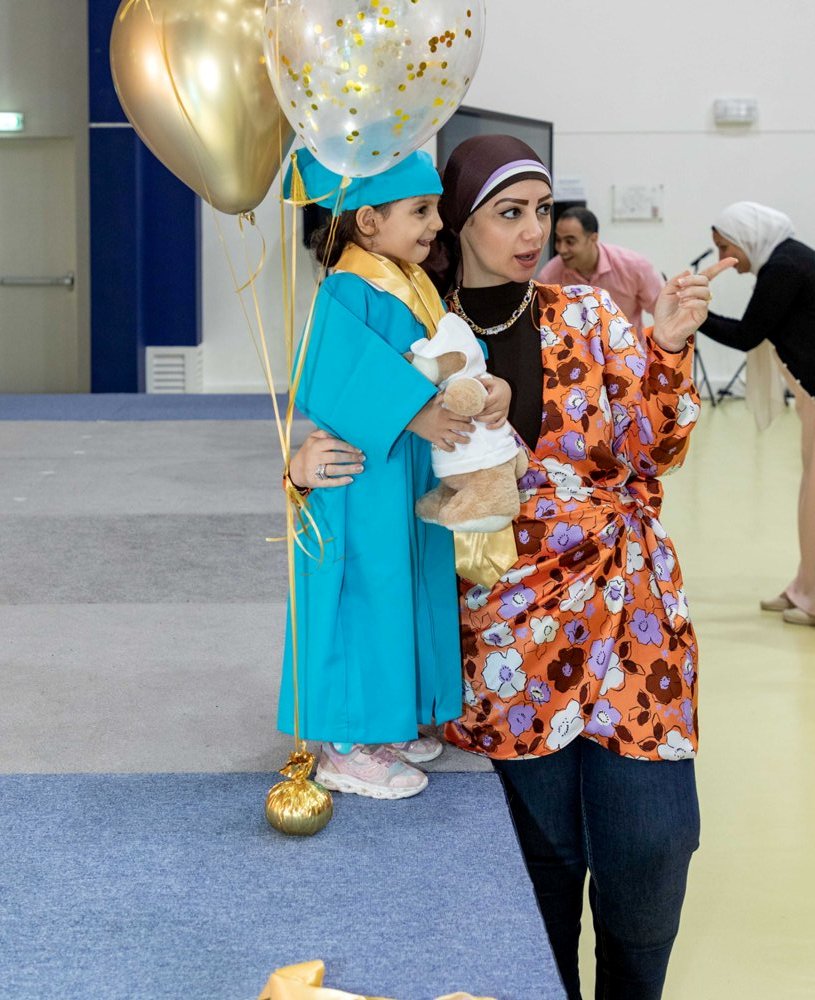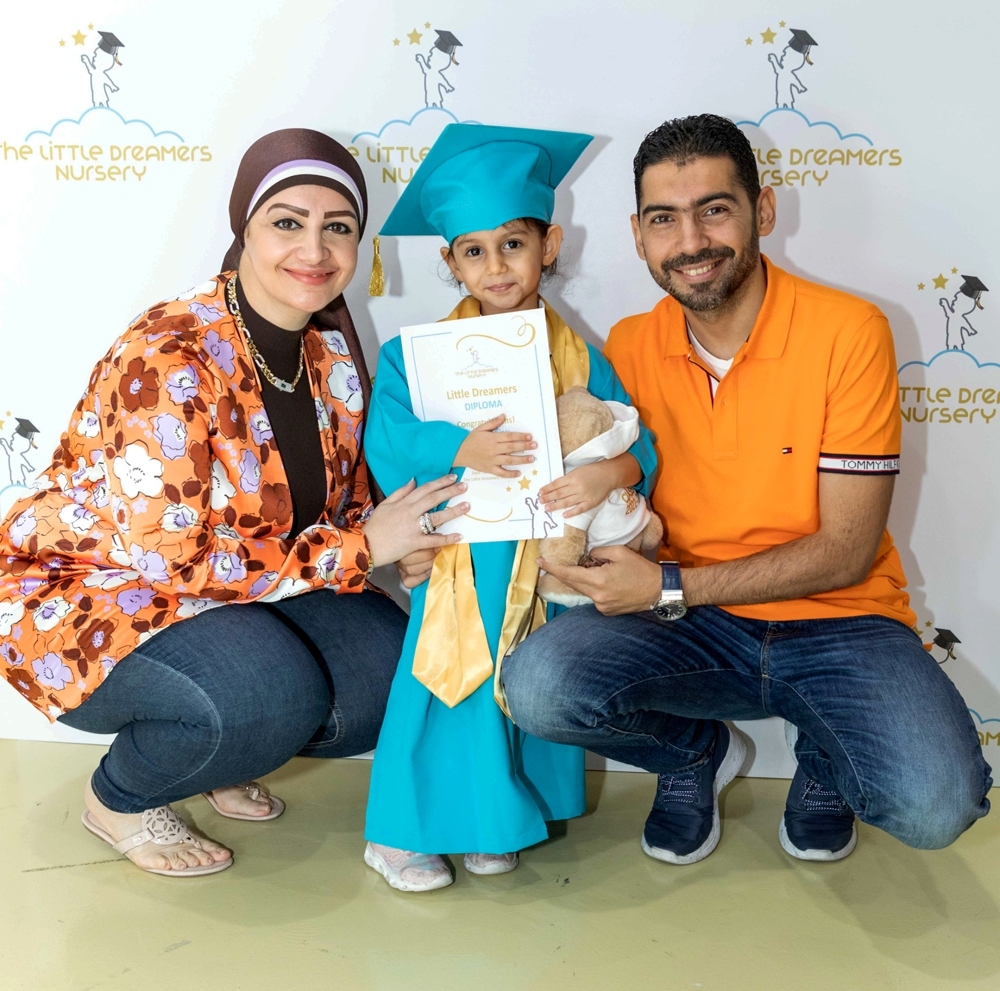Parenting is a beautiful and rewarding journey that comes with its fair share of challenges and decisions. As parents, we often find ourselves questioning our choices and wondering what the best approach is to raise happy, healthy, and well-rounded children. One crucial aspect that influences parenting is the parenting style we adopt. In this article, we will explore different types of parenting styles, their characteristics, and provide insights to help you find your balance as a parent.
What are Parenting Styles?
Definition of Parenting Styles
Parenting styles refer to the overall approach and behaviors that parents exhibit when interacting with their children. These styles encompass various aspects such as discipline, communication, expectations, and emotional support. Understanding different parenting styles can help parents reflect on their own practices and make informed decisions about how they want to raise their children.
Related article: Early years parenting tips
Different Types of Parenting Styles
-
Authoritative Parenting Style
The authoritative parenting style is often considered the gold standard of parenting. It is characterized by parents who set clear rules and boundaries while being warm, supportive, and responsive to their children’s needs. They provide guidance and enforce discipline with love and understanding. This parenting style promotes independence, self-discipline, and healthy emotional development in children.
-
Permissive Parenting Style
Permissive parenting is characterized by parents who are lenient and indulgent towards their children. They tend to have few rules and regulations and may avoid enforcing consequences for misbehavior. While permissive parents are generally warm and loving, their lack of structure and discipline can result in children who struggle with self-control and have difficulty following rules.
-
Neglectful Parenting Style
Neglectful parenting is characterized by parents who are emotionally detached and uninvolved in their children’s lives. They provide minimal guidance, support, and supervision. This parenting style can have detrimental effects on children’s emotional and social development, as they may feel neglected, unsupported, and lack the necessary guidance to navigate life’s challenges.
-
Uninvolved Parenting Style
Similar to neglectful parenting, uninvolved parenting is characterized by parents who are emotionally distant and show little interest or involvement in their children’s lives. They may provide for their children’s basic needs but lack the emotional connection and support that is crucial for healthy development. Children raised in uninvolved parenting environments often struggle with self-esteem, emotional regulation, and forming secure attachments.
Finding Your Parenting Balance
Reflecting on Your Parenting Style
Take some time to reflect on your parenting approach. Consider your interactions with your child, your disciplinary methods, and the level of emotional support you provide. Recognize that parenting is a journey of growth and learning, and it’s okay to make adjustments along the way.
Building a Supportive and Nurturing Environment
Create a supportive and nurturing environment for your child. Show them love, affection, and empathy. Set clear expectations and rules while allowing for flexibility and understanding. Foster open communication and encourage your child to express their thoughts, feelings, and concerns.
Tailoring Your Parenting Style
Remember that there is no one-size-fits-all parenting style. Every child is unique, and what works for one may not work for another. Take into account your child’s temperament, strengths, and challenges when deciding on your parenting approach. Adapt your style to meet their individual needs while promoting their overall well-being.
Seeking Parenting Resources
There are many parenting resources available to help you navigate the challenges of parenthood. Consider reading books, attending workshops, or joining parenting support groups to gain insights and learn effective strategies for different parenting situations. The Little Dreamers Nursery in Dubai offers valuable resources and workshops to support parents on their parenting journey.
Embracing Flexibility and Growth
Parenting is an ever-evolving process. Embrace flexibility and be open to growth and change. As your child grows and develops, your parenting style may need adjustments to meet their changing needs. Be willing to learn from your experiences, seek advice when needed, and adapt your approach accordingly.
Understanding different parenting styles empowers parents to make informed choices that align with their values and their child’s unique needs. At The Little Dreamers Nursery, we recognize the importance of finding a balance in parenting and providing a nurturing environment for children to thrive.
As one of the leading nurseries in Dubai, we support parents in their parenting journey by offering guidance, resources, and a loving community. Our dedicated staff is trained to provide a safe, secure, and stimulating environment where children can develop and grow. Contact The Little Dreamers Nursery today to learn more about our programs and how we can support you as you navigate the joys and challenges of parenting. Together, let’s create a strong foundation for your child’s future.
Parenting Styles at Home and in the Nursery
A child is 100% human, being a child, doesn’t make you less human, rather a little human in need of nurture. This is where parenting and education join forces!
Parenting is the activity of bringing up a child as a parent, while education is the process of receiving or giving systematic instruction. Education begins at home and moves to the nursery and school setting, thus parenting style plays a huge role in the education of a child.
Personal parenting style is a psychological construct representing standard strategies that parents use in their child rearing. Effective parenting is more essential in the upbringing of a child than the length of time spent with the child; quality over quantity.
With this significance, Baumrind conducted a survey on parenting and child outcomes, which resulted in 4 types of parenting styles with 4 different kinds of child outcomes, these included;
The Autocratic (Very strict and unfriendly)
These parents believe children should be seen and not heard. When it comes to rules, they believe it’s “my way or the highway”.
These parents don’t take the child’s feelings into consideration. The children under this parenting style can turn out to have low self-esteem, be very aggressive and often tell lies. Such children might not concentrate or socialise well in school.
The Authoritative (Very friendly and democratic)
These parents put a lot of effort into creating and maintaining a positive relationship with the child. They explain the reasons behind their rules. They enforce rules and give consequences, but take their child’s feelings into consideration. Children raised with authoritative parents tend to be happy and successful.
They’re also more likely to be good at making decisions and evaluating safety risks on their own. More so, they can usually concentrate in school and form good relationships.
The Permissive (They set rules but rarely enforce them)
These parents don’t give out consequences very often. They think their child will learn best with little interference from them. Children under this parenting style can struggle academically.
They may exhibit more behavioral problems as they don’t appreciate authority and rules. They often have low self-esteem and may report a lot of sadness.
Uninvolved (They don’t ask their child about school or homework)
These parents rarely know where their child is or who she is with. They don’t spend much time with their child. There tend to be few rules. Children may not receive much guidance, nurturing, and attention.
Children with uninvolved parents are likely to struggle with self-esteem issues. They tend to perform poorly in school. They also exhibit frequent behavior problems and rank low in happiness.
Nursery should educate the child through guidance, not necessarily by imposing strict teacher led classes, but by using a child centered learning environment; the child should be able to explore, play and learn according to their needs and interests within a set of firm, positive boundaries that are kindly enforced as the child learns.
This helps the child build up self-esteem, confidence and an independent lifestyle. The parents and nursery should work together to similar sets of rules and boundaries so that the child has consistency; partnership with parents is key. Talk to your teacher about the classroom rules and routines and let her know what you are doing at home.
We at the Little Dreamers Nursery provide the environment of child centred, discovery learning.
We foster an environment full of love, attention, respect, and open our ears to allow us to really understand each child, thus making our nursery environment feel like home away from home.
For more information please contact us.












